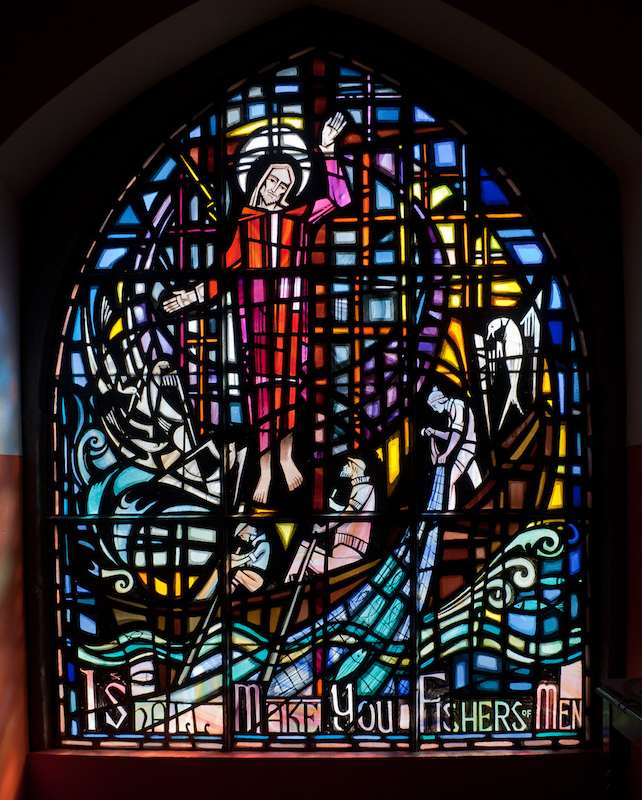I used to love fishing. I’d take my rod and my bait to a favorite trout stream high in the mountains or wander the banks of one of the rivers whose secrets I knew through years of silent listening and watching. I’d find a place to cast my line and wait. Around me the earth’s deep silence and limitless beauty would feed all my senses.
I had a respectful relationship with the fish I caught. There was no question they were my dinner, but I offered them deepest thanks for their sacrifice. Behind this ritual was the understanding that someday I, too, will die and become food for the creatures of the world.
One day, though, fishing just became too much. I could no longer ignore the pain and terror, not only of the fish I caught but even of the bait I used — worms and grasshoppers speared through the middle and dropped in the drink to drown. (I know – You fly fisherpeople will equate me with Neandrathals who bludgeon beasts. But, hey, is it better to torture animals with barblesss hooks and bits of hair and plastic, merely for sport?) Maybe animals don’t feel as we do, but they definitely do experience fear and agony. The experiences of creatures dying by my hand finally got the best of me.
“I will make you fishers of human beings,” Jesus says to the men he calls to be his disciples. It’s a compelling metaphor until you scratch the surface and find the image of an unwilling being trapped and drug to its death. Fishing is definitely an activity that always benefits the fisherman but hardly ever the fish.
Until very recent times colonialism and evangelism went hand in hand as Christians went among the peoples of the planet. That’s why I used to loathe the very thought of evangelism. It equated in my mind with forcing people to give up their languages, their customs and their deities. Is that right? Is it even something that God wants?
Evangelism at its best is so different from this. There is a profound yearning in each of us for God. It’s a yearning as powerful as, maybe more powerful than, the need for food or sleep or sex. When we don’t have a relationship with God we go crazy. But we meet God in the form that works best for us together with God, each by each, and it isn’t always the Christian story that fits.
On the other hand, for many people, Christ is the Way, even though they might not know it. These are the folks we can reach with our stories of God’s love, with our rituals and with our communities of faith. I envision it not so much like fishing as like being a dolphin who is sending sonar through the deeps. The cry goes out and out, attracting other dolphins. Even if you don’t know that you are a dolphin, you will respond to that cry. That’s why authenticity is important. That’s why telling our stories is important. That’s why, in our churches, it’s so important to work through our conflicts and set aside petty ego-issues in the service of loving one another. We are the beloved community. We are the dolphins crying in the deep.
I was horrified when I discovered that what I truly am is an evangelist. Everything I do is for the purpose of helping people find their relationship with God — by whatever name they call God. It’s a holy task, and I’m deeply committed to it.
But how about you? In telling your story, in sharing why you love your faith community, why you love prayer, what you do for spiritual development, you are the dolphin sending a cry into the deeps. On behalf of God you are inviting relationship. You are evangelizing.

